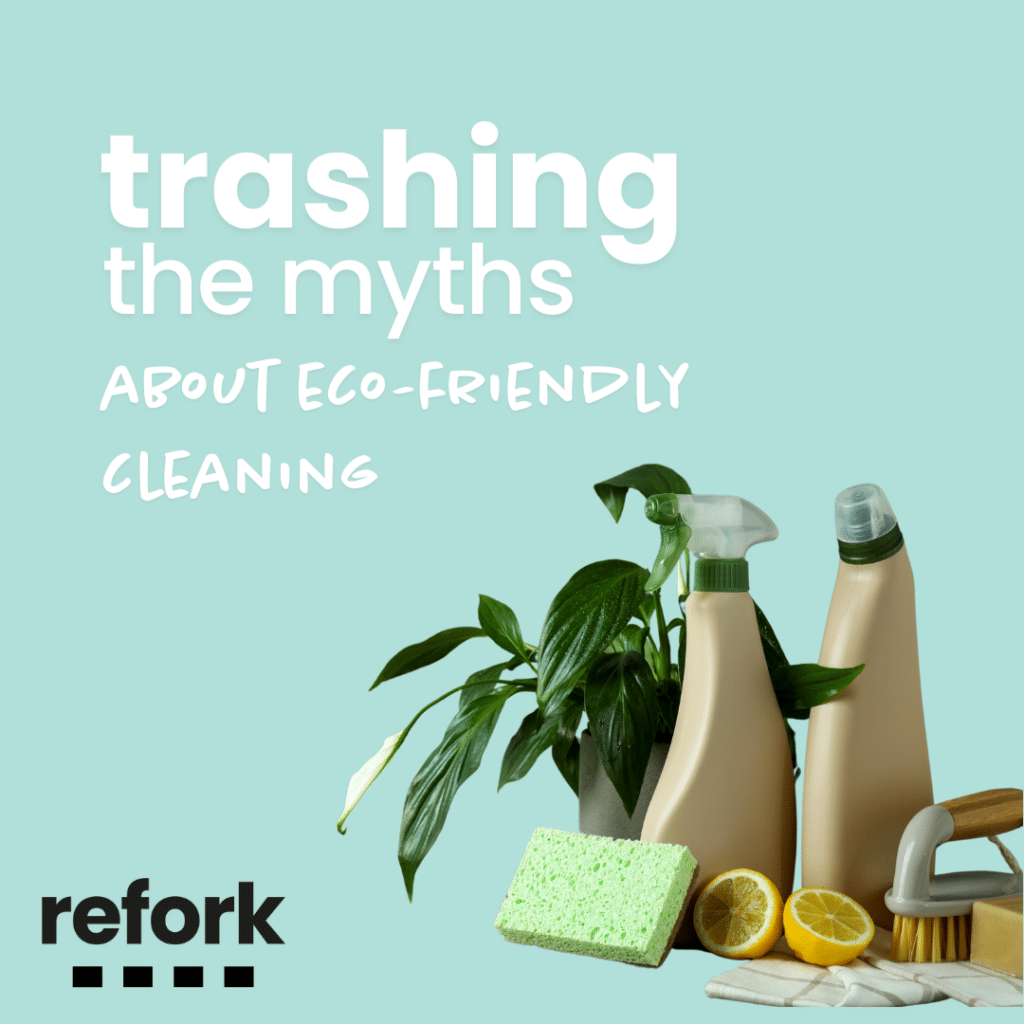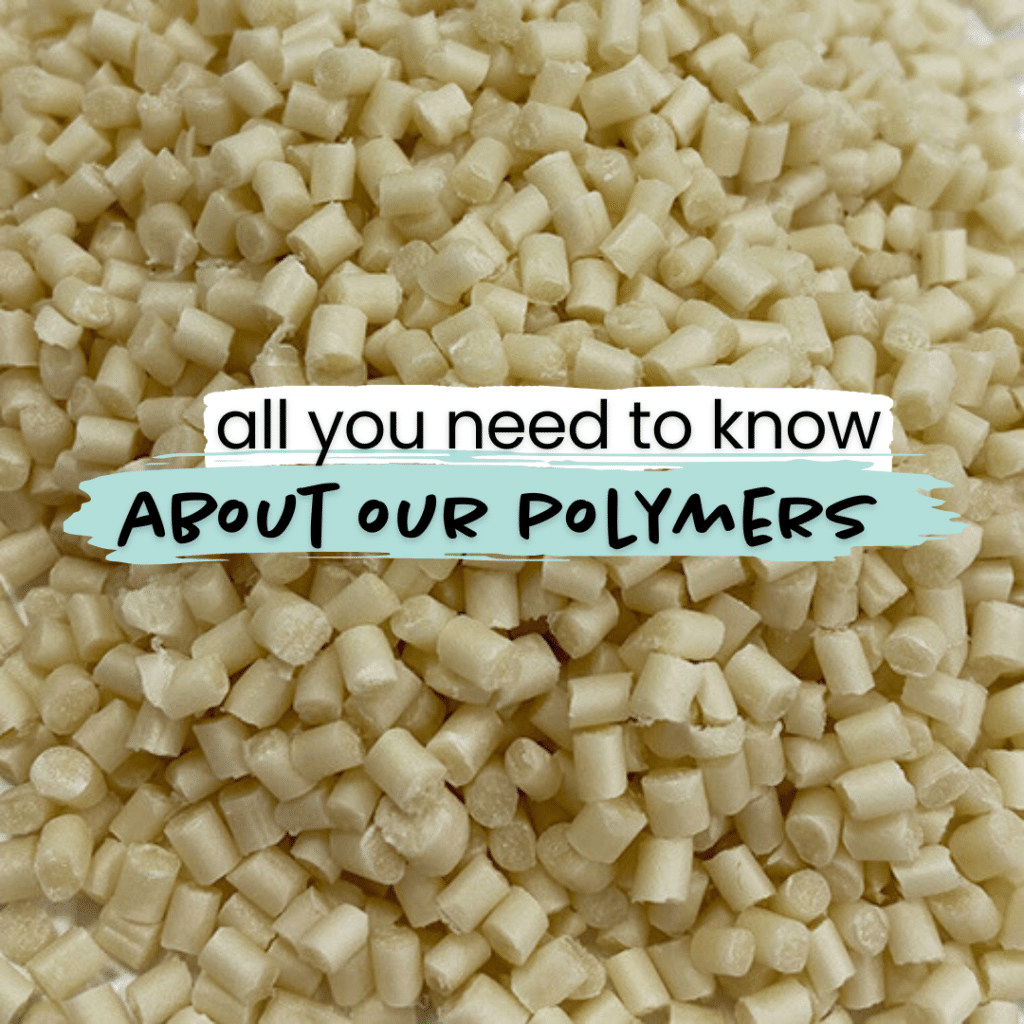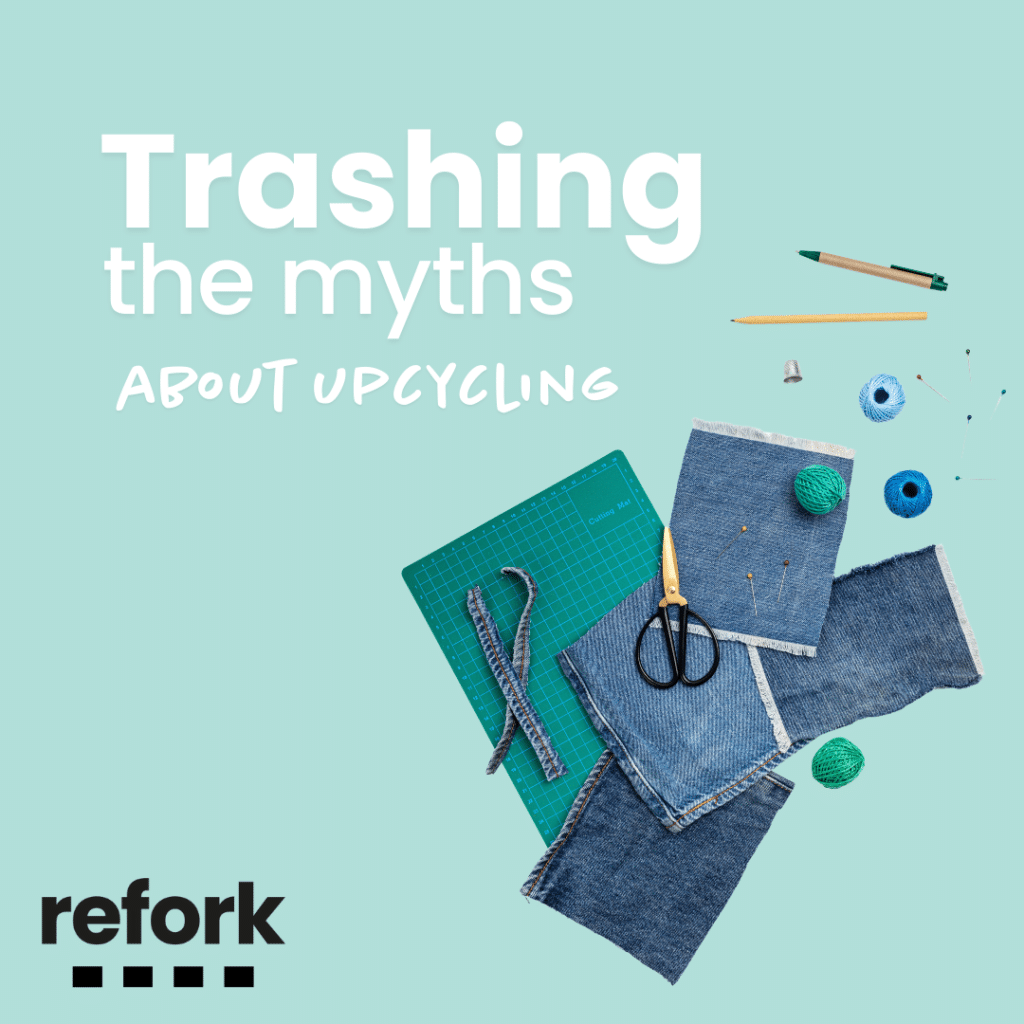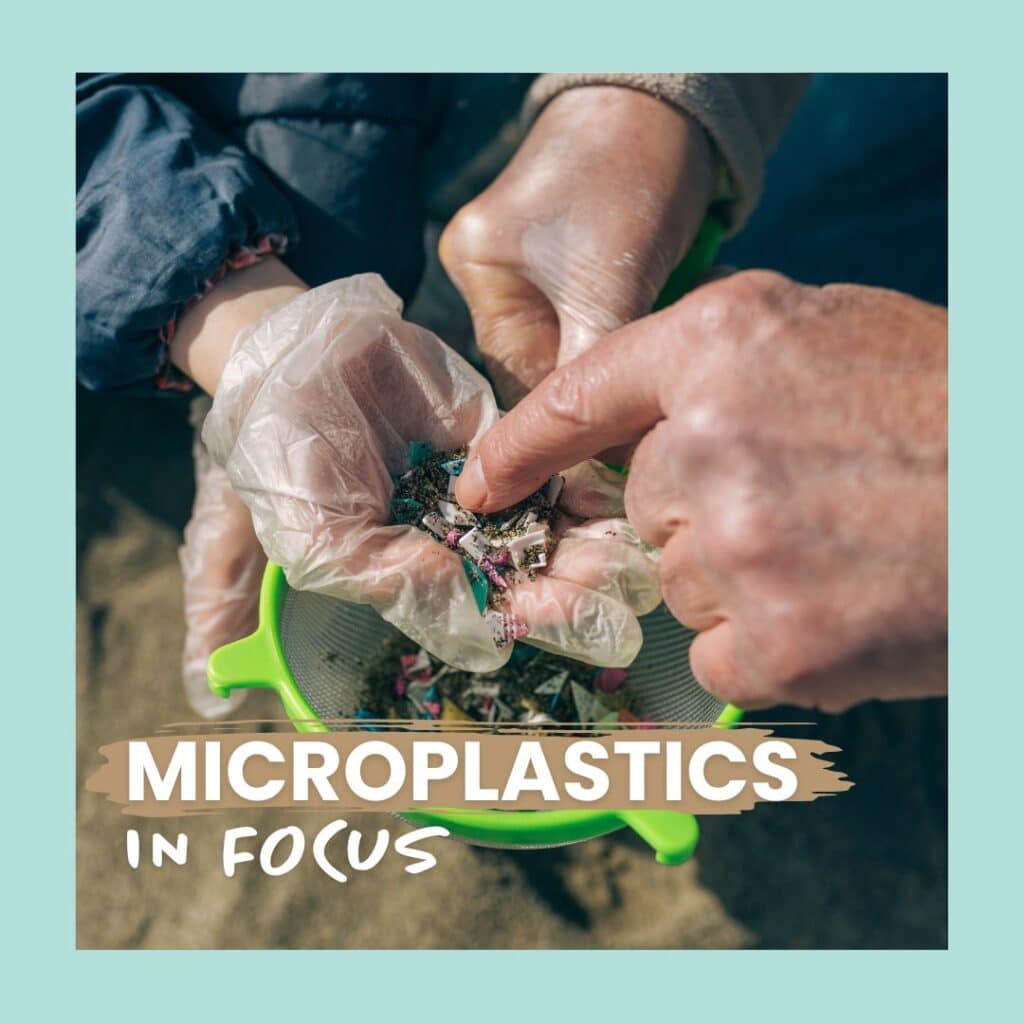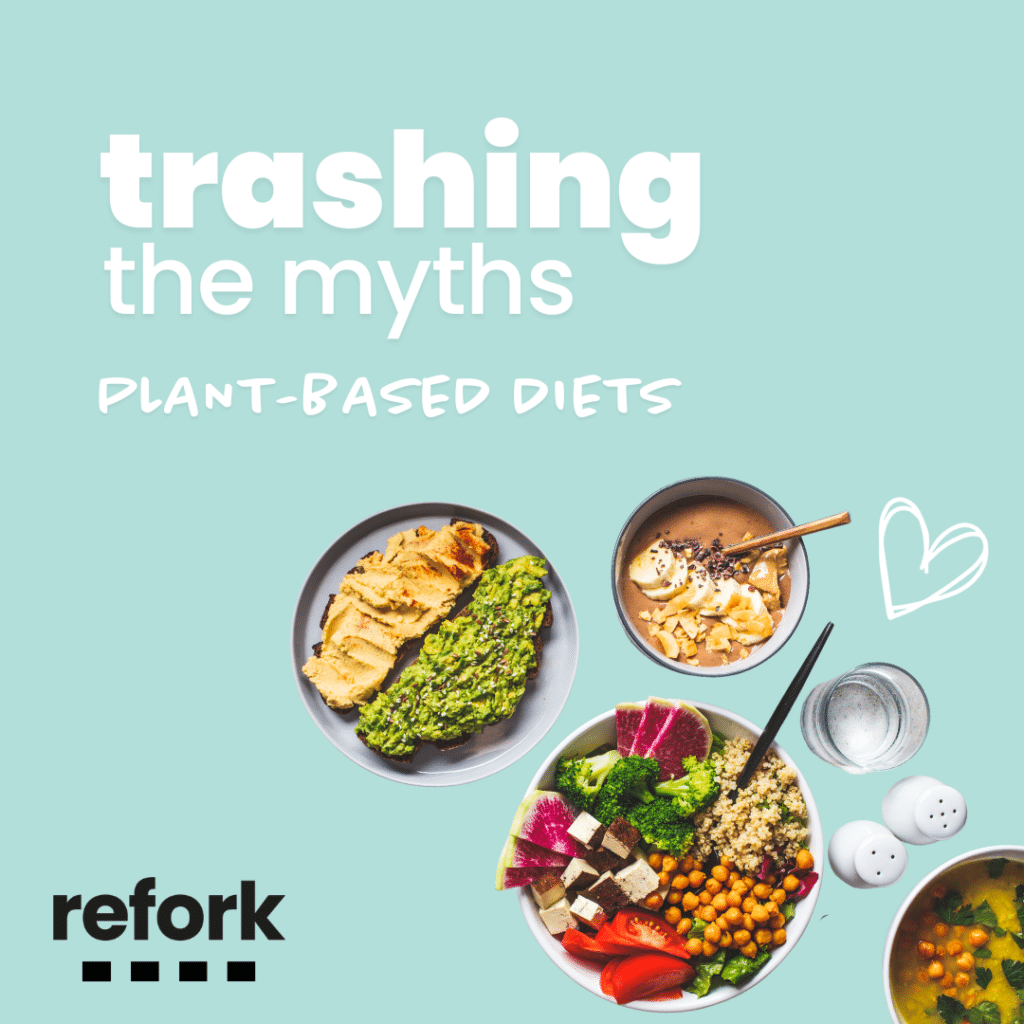As summer tiptoes closer, our taste buds tingle with anticipation for refreshing delights. At Refork, we’re excited to team up with Tretter’s Obecní dům to bring you a lineup of our signature spring drinks. Crafted with love, these cocktails (and one mocktail) promise to elevate your warm days experience while thinking of our planet thanks to our biodegradable straws.
In the European battle against plastic pollution, an important step was taken in 2019 with the publication of a directive prohibiting the production and sale of single-use plastics. However, shortly thereafter, a concerning issue arose regarding products marketed as “washable” alternatives. Are these products genuinely environmentally friendly, or are they just a marketing trick?
With every step closer to a healthier environment, our commitment to green practices extends to all aspects of our lives, including cleaning. As more and more eco-friendly cleaning products hit store shelves, so do the controversies surrounding them. Thus, with the rise in popularity, a number of myths and misconceptions are emerging about the effectiveness, cost, availability, utility and versatility of eco-friendly cleaning products. So let’s take a closer look and delve into each of these myths and debunk them with evidence-based facts.
As the harmful effects of plastic pollution become increasingly apparent in today’s world, the search for innovative materials has become a top priority. New innovative materials should meet various conditions to compete with traditional plastics. The polymer needs to be able to cope with different thermal conditions so that complex shapes can be created from […]
Upcycling has become a transformative method for recreating waste into functional products in a sometimes overwhelming world of sustainability. Despite its positive impact, several myths surrounding upcycling prevent a comprehensive understanding of its potential. In this article, we will address five common misconceptions and provide detailed information and various examples to shed light on the true nature of upcycling.
The global biodegradable cutlery market, valued at US$ 45.0 million in 2023, is driven by a dynamic interplay of factors and stands at the forefront of sustainable solutions. As environmental awareness grows, the hospitality, tourism, and the flourishing retail sector are adopting eco-friendly practices to meet the growing demand for sustainable alternatives.
Recycling is an essential step towards a healthier future for our planet. It’s a process that helps reduce the amount of waste in landfills and the environment and reduces the need for further exploitation of natural resources to produce new products. By recycling, we can all do our part to create a cleaner environment every day, but we need to know how to do it right so we don’t do more harm to the planet. Every country has slightly different rules, so always check the information according to your local regulations. We are all familiar with the generalities of recycling, so here are some unexpected tips on how to recycle efficiently that are not necessarily intuitive.
Among the various environmental problems facing our world, the concept of “microplastics” has emerged as a new, ubiquitous, and urgent challenge. Additionally, as microplastics penetrate various ecosystems—ranging from the oceans and soil to the food chain itself—the scale of their impact is increasingly alarming. Today, let’s focus on the most significant issues and recent developments related to the ongoing fight against microplastics.
The global talk about sustainable lifestyles and healthier eating has led to significant reflection on the benefits of a plant-based diet. Before addressing the myths surrounding plant-based lifestyles, it is vital to acknowledge the broader environmental context supporting this shift.
With Black Friday and plenty of Black Friday deals coming up again this year, it’s important to approach the shopping frenzy with increased consideration and a commitment to sustainability. In this comprehensive guide, we’ll delve into strategies on how to avoid unnecessary shopping habits during this season and provide insights into embracing a more eco-conscious approach to consumerism.
- 1
- 2


